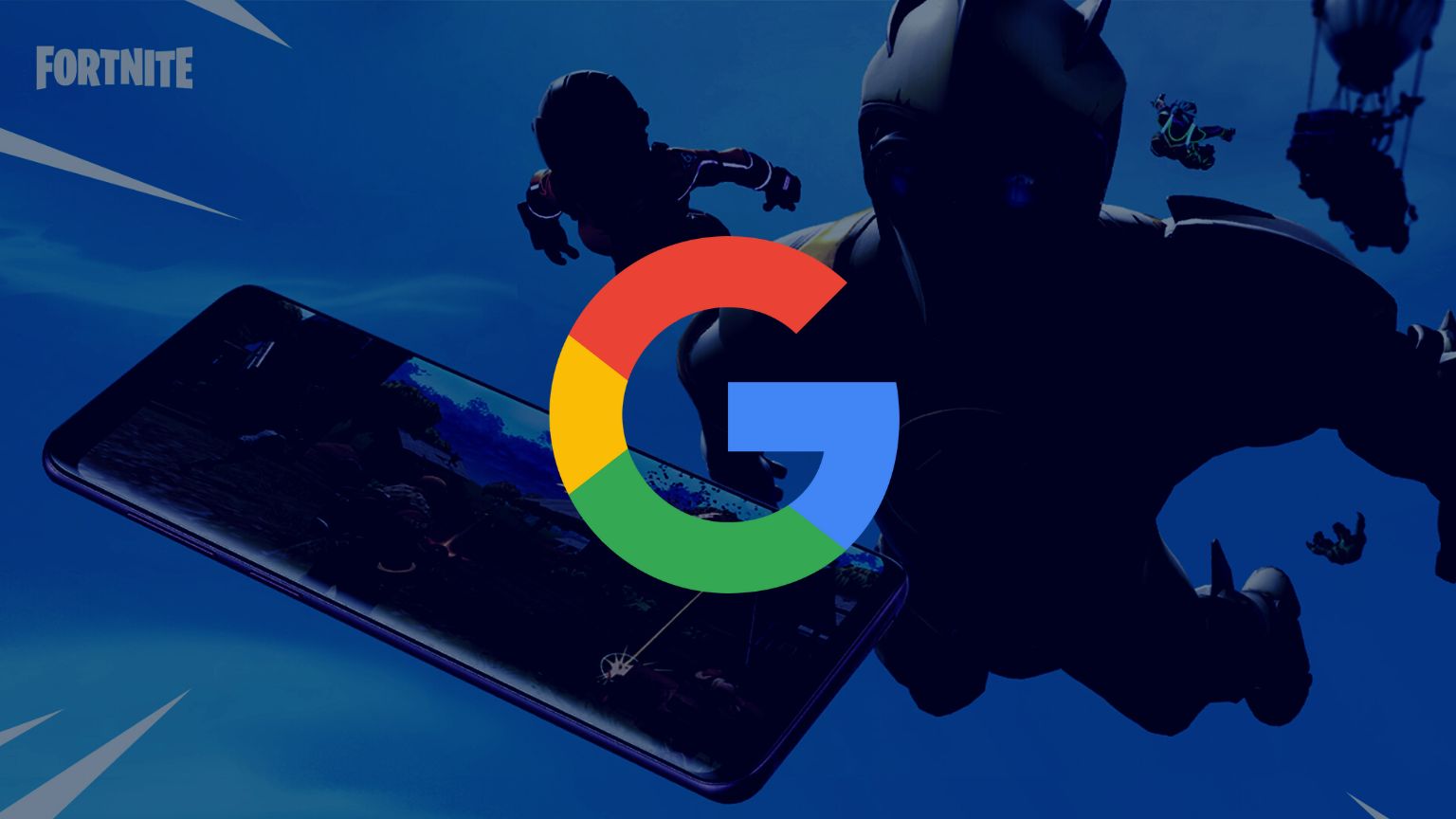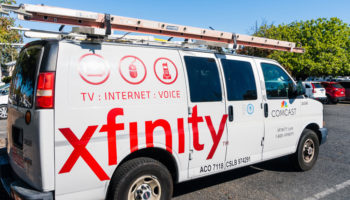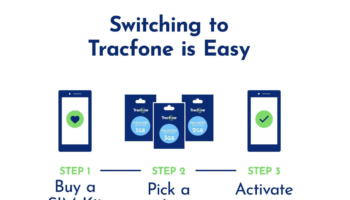
In the case of Epic v. Google, the jury on Monday announced its decision in December 2023, determining that Google made its Google Play app store and Google Play Billing service into an unlawful monopoly. This was a surprising turn since almost all of what Google does is meant to dominate whatever market they’re in.
The jury’s unanimous decision was that Google has a monopoly control in both the Android app distribution and in their app billing service sectors. Jurors concurred that Google engaged in practices that stifled competition within these markets, resulting in harm to Epic Games, the maker of the popular Fortnite video game. Which all of this seems hilarious since Google owns both.
Google acquired Android Inc. and its key employees in 2005 for at least $50 million. Google marketed the early mobile platform to handset manufacturers and mobile carriers with its major benefits as flexibility and upgradability.
The jury also concluded that Google unlawfully linked its Google Play app store with its Google Play Billing payment services. They also found that Google’s distribution agreements, its Project Hug initiatives with game developers, and its contracts with Original Equipment Manufacturers (OEMs), were similarly detrimental to competition. So, Google owns both but are (I guess) required to allow other companies to participate equally. I’m not a lawyer so don’t get that.
Over four weeks, the trial of Google versus Epic Games unfolded, featuring testimony from key executives: Google’s CEO Sundar Pichai and Epic’s CEO Tim Sweeney.
Epic’s alleged that Google’s used its dominant position in the Android ecosystem to its benefit. The claim focused on Google leveraging its financial power to safeguard its Play Store’s payment system, where it imposes a commission ranging from 15% to 30% on transactions within apps. This model, similar to Apple’s approach with its iPhone app store, has been a significant profit generator for Google.
In its defense, Google argued that these fees were necessary to offset the substantial investments made in developing the Android platform, which has been freely available since 2007. To counter claims of a monopoly, Google pointed to other Android app stores, such as Samsung’s, as evidence of market competition.
The jury’s decision in this case all depended on how they defined the smartphone app market. Epic contended that Google’s Play Store monopolizes the market, leading to higher prices for consumers and hindering innovation among app developers. Google, however, portrayed a competitive market that includes Apple’s iPhone app store and other Android alternatives.
The trial also highlighted Google’s competitive relationship with Apple in-app distribution, despite their differing operating systems. This aspect is central to another antitrust trial in Washington, where the US Justice Department accuses Google of dominating the online search market. In this trial, to be decided by a judge, Google’s financial arrangements to secure its default search engine status on various devices, including payments to Apple, are under scrutiny.
What This All Means
This seems to most that Google, or rather Alphabet, its parent company, is almost certainly going to appeal. This verdict strikes at the heart of its revenue stream from the Google Play store, and it’ll fight tooth and nail to protect it. But this isn’t just about Google protecting its turf; it’s about setting a precedent. If this verdict holds, it could open the door to similar verdicts that demand that even if you’re the owner you need to be fairsy squarsy with all the other players in your store.
Looking ahead, this could have huge implications. First, it could embolden more developers to challenge the status quo. If Epic can take on Google and win, others might follow suit, leading to a wave of legal challenges against app store policies. This could pressure companies like Google and Apple to lower their fees and loosen their grip on app distribution and payment systems. Imagine having to lower your fees just so folks won’t sue you for charging too much? As if this is a medical device, or cure for cancer….”yeah…they charge too much for me to sell my games on their app!…we demand justice!”
This will undoubtedly have an impact down the road with many other tech company issues. You own the bakery, you bake the bread, you’re not allowed to charge too much because customers may not be able to afford it. Or, just don’t allow companies to develop great solutions because they may profit from it.
Am I missing something here?





